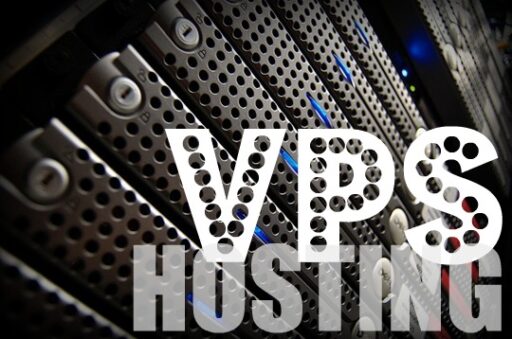Cloud Computing Explained
Cloud computing has a great impact and buzz on the internet. Cloud is a technology that offers internet businesses to pay for IT services as per usage model. It has no flat fee as compared to other legacy computing platforms. With cloud services you could expand and shrink your IT infrastructure on the fly as per your business application needs. This is the most powerful feature that separates cloud computing from legacy hosting services. According to predictions, the global market for cloud equipment will reach $79 billion (with a B) by the year 2018.
Cloud computing uses virtualization to extract maximum power out of existing hardware.
A cluster of servers is deployed in a way that users could make number of virtual machines and resources as per demand. Cloud computing uses multiple data centers and hardware distributed across the different networks.
Cloud technology:

IaaS (Infrastructure as a service)
IaaS acts like legacy hosting services with a few differences. In this model, you buy certain hardware specifications, such as web space, CPU and RAM on a monthly basis. Consumers pay charges per bandwidth unit. The service provider is responsible to install and keep up the hardware where the end-user pay the charges as per usage model.
IaaS is comparable to a typical virtual server. The user has to do installation and configuration of the server such as installation and configuration of OS and applications.
SaaS (Software as a service)
In this type of cloud service, the consumer uses the application as per demand.
In a typical web hosting service, the consumer purchases the software and installs it on his own server with certain features and limits applied to it. However in a SaaS model, consumers rent out the applications installed on the provider infrastructure and pays for the application usage only.
One of the great features of SaaS model is that it is super easy to manage, as all users will have the same versions of the software with auto updates and patching. All is done by the cloud computing providers and you have no worries to fix the bugs or troubleshoot the software. Facebook, Twitter, Flickr and Google are using SaaS technology to run their businesses. The consumer does not pay for the hardware required to run an application.
PaaS (Platform as a Service)
PaaS is a type of cloud computing that enables the user to develop the internet applications by providing the development platform. This cloud service offers all the tools required to create the software and applications.
Infrastructure as a Service
Amazon: Amazon cloud is a popular example of an IaaS type of cloud service. Amazon users can deploy a virtual server and run it within minutes without worrying about configurations and licenses. Cloud services are a bit different to use versus regular hosting. You can check the amazon tutorial to know the insight information.
Azure: Azure is a Microsoft based infrastructure cloud computing platform. Azure has a good documentation available to start an account. Azure has a great compatibility with Microsoft development tools such as .Net applications.
Software as a Service
Mozy is an example of a SaaS model, as it offers cloud storage. At Mozy, you will be charged as per usage. You can increase or decrease the space on the fly and payment will be deducted accordingly.
Google Drive and Dropbox
Dropbox, Google Drive and OneDrive sync are a few popular examples of SaaS computing. You could easily store and share your important data online with these famous cloud computing applications.
Platform as a Service
Google App : Google app engine is primarily a Java supported cloud along with other languages. Developers use eclipse IDE to use the app engine.
Cloud developers use Exo IDE to deploy the application on a cloud platform. You can find many tutorials about the Google app engine, eclipse IDE and Exo-cloud on the internet.
Cloudbees : Cloudbees is a popular example of platform as services. Cloudbees supports Java, PHP, ROR, Mysql, MongoDB with a limited storage.
Appfog : Appfog is another PaaS example online.
Brought to you by ProlimeHost
We’ve been in the web hosting industry for ten years, helping hundreds of clients succeed in what they do best and that’s running their business. We specialize in VPS and dedicated servers, with data centers in Los Angeles, Denver and Singapore. Call +1 877 477 9454 or email us at Sales@ProlimeHost.com. We’re here to help.




